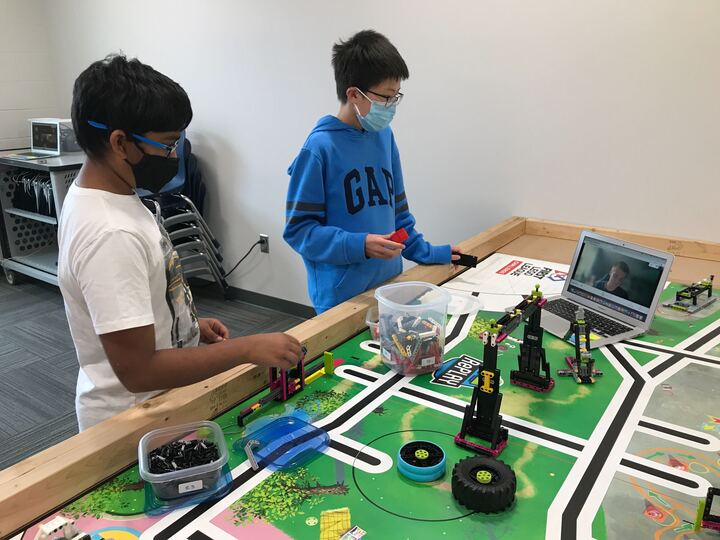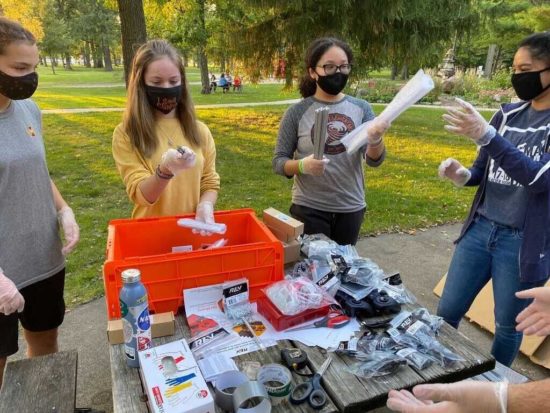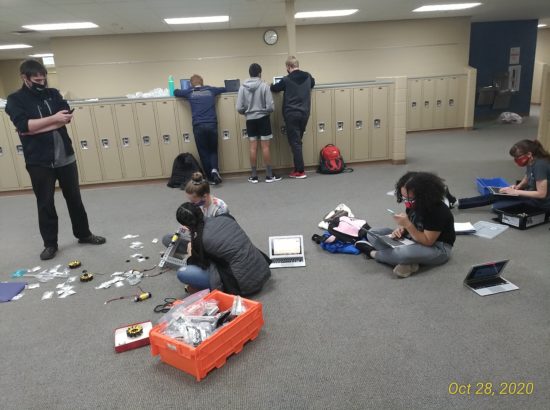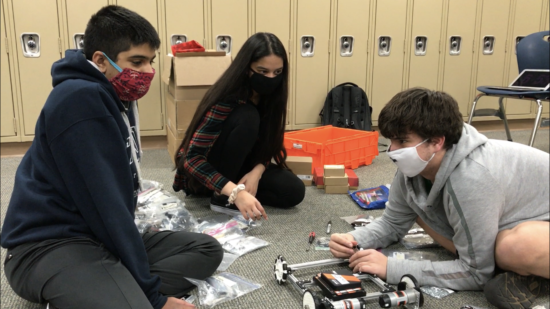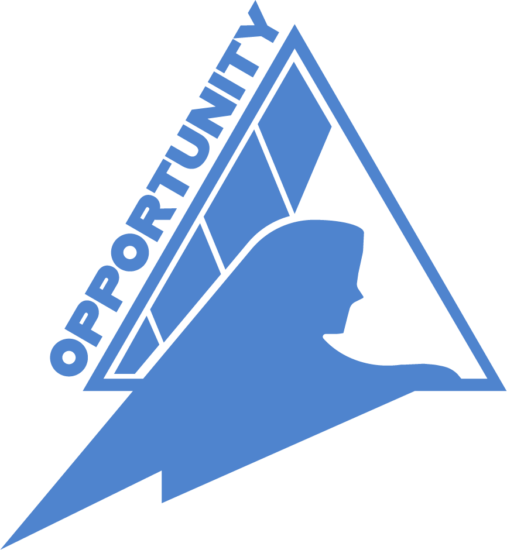
Swimming is a low-impact sport enjoyed by millions annually with numerous health benefits that encourage many to pursue the sport. However, Muslim women who wear Hijabs are forced to relinquish their modesty if they want to compete. Over 890 million Muslim women around the globe (12% of the global population, or 1 in every 8 people) are denied competitive swimming’s fitness opportunities. Unfortunately, a covered swimsuit designed for competitive racing is not commercially available due to both technology deficits and policy limitations. After interviewing 6 prominent activists, swimmers, and sports journalists around the world, the same issues were universal: existing recreational Hijabi suits slowed Hijabi swimmers down, were incredibly expensive or of poor quality, and pieces of the suits frequently became detached. Without a standard for modest suits, FINA (the leading organization that regulates international swimming events) prevents Hijabi swimmers from participating. Section 4.1.1 of FINA’s regulations bans swimsuits from covering the neck, arms, and/or below the knee, each essential for ensuring modesty. For these reasons, Team 3928 is filling this void through a person-centered approach; Neutrino hopes to broaden Muslim women’s swimming opportunities by eliminating technical limitations of traditional Hijabi swimwear and subsequently shaping policy.

